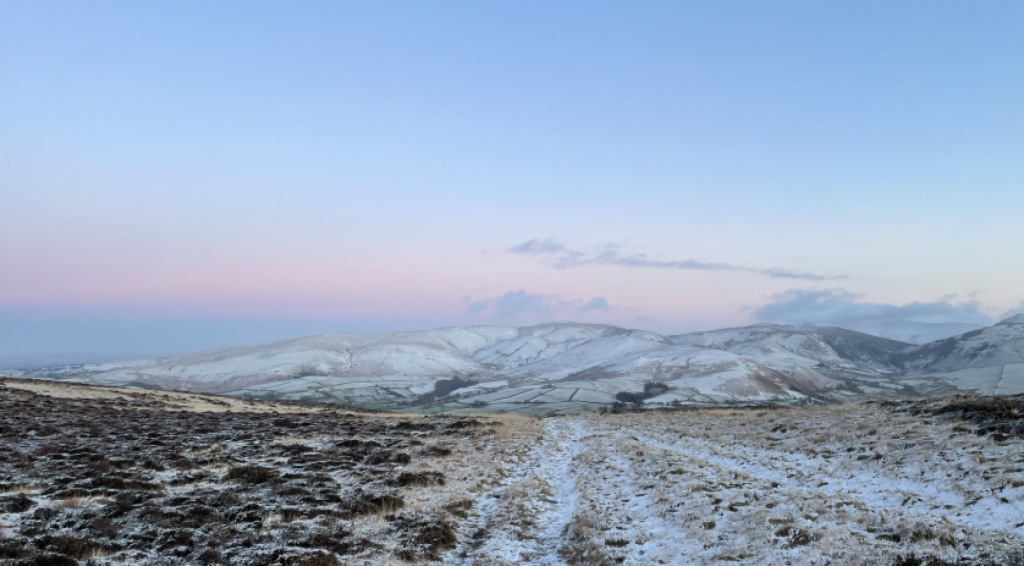Cedrik Fermont

Cedrik begins the talk by recalling when he was teenager growing up in Belgium, he realised that he was one of the only people of colour in the industrial/punk music scenes, he also recalls being confused as to why this was and why his other friends from around the world were not involved in the scene. As Cedrik began to collect music he noticed he was mainly collecting music from the west, and almost none from Africa and Eastern Europe. To solve this Cedrik sen out flyers stating that he was looking for people in these countries that were interested in and making the same kind of music as him. It took months but he did get some answers, mainly people saying they knew someone that fit the description, but he had found people. This lead to Cedrik creating what he called ‘Human Archives: Vol 1’, it was a cassette tape containing a compilation of alternative electronic improvised music from around the world. This was done before the age of the internet, Cedrik says, it’s nothing compared to what we can do now in terms of global projects but back then it was very difficult. It was 25 artists and bands from 25 countries, Cedrik was pleased with this but thought he could do more, and was still wondering why he could not find more like minded artists especially in Asia and Africa.
In the early 2000’s with the help of the internet, Cedrik had an opportunity to dive deeper into his research into music from the non-western world. During this time he was studying the history of electro acoustic music in Belgium, and he noted the lack of Italian and Egyptian artists mentioned when talking about very early electroacoustic artists, the History being told was predominantly western. Continuing with his research, file sharing softwares became a very effective means of finding like minded music consumers from the east. Cedrik would find people from these non-western countries uploading vast catalogues of experimental electronic music. Cedrik thought that the best way for him to publish more of, and write about experimental music being made outside of the west, was to go to these places. In 2003 he got the opportunity to go to Istanbul, he managed to find someone who was organising experimental music concerts in Turkey, he performed in some of these concerts with varying success. He would either be playing for 25-30 people who tended to be musicians, or he would get kicked out venues because no-one thought it was music. A year later he got the opportunity to go to Thailand, he was put in touch with a composer who booked him to play in an art gallery. He found most people who attended he concert had not heard this type of music before but attended and stayed out of curiosity. In 2005 Cedrik toured around many countries in south east Asia, with a goal of meeting as many experimental artists as possible. He brought back a great number of records and cassettes with which he created another compilation album. This was a very important archive for Cedrik, as he was discouraged by people to even go to these countries, people would say he wouldn’t find anything. The album was named ‘Beyond ignorance and borders’, and he says it is ignorance to assume no-one outside of the west is making experimental electronic music. The archive is a rebuttal against the borders we have created, and that are maintained by the media, painting foreign countries as having no modern art (ex. Eastern Block). Cedrik documents these artists and scenes by recording audio, taking notes, interviewing, publishing music and playing artists on a radio show.
Cedrik asks himself, why is this part of history so unknown, and why is it not taught to people? Colonisation is the answer, he says, the west has put aside a large part of eastern artistic history. Cedrik is making an effort to update this history of electroacoustic music and sound art. He has created an online database with which people can access a list of artists/composers/labels organised by country.
ARCHIVE- http://syrphe.com/index.html
